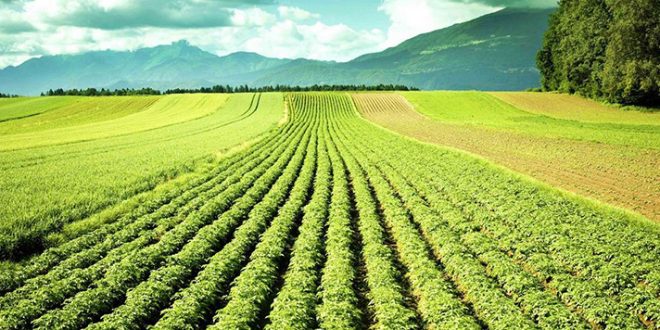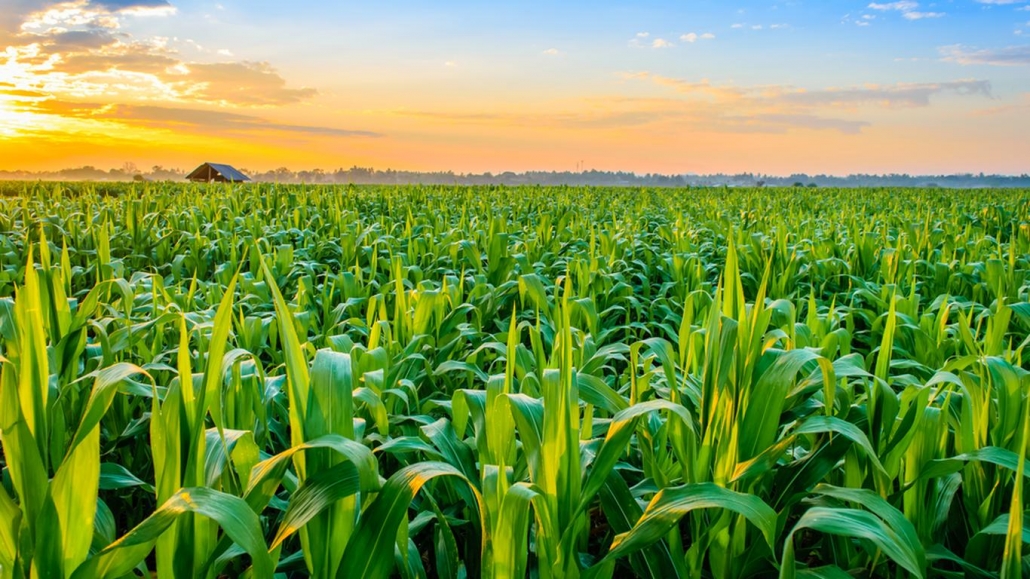Turkey, with its fertile lands and diverse climate, has long been known as an agricultural powerhouse. The country’s rich agricultural sector depends heavily on seasonal labor to meet the demands of planting, harvesting, and tending to various crops.
To address this requirement and ensure the smooth functioning of the industry, Turkey has implemented a comprehensive Work Visa program for seasonal agricultural workers.
This article aims to explore the significance of the Seasonal Agricultural Worker Visa program, its benefits for both the country and the workers, and the procedures involved in obtaining such visas.
Agricultural Importance and Seasonal Labor Needs
Turkey boasts a diverse range of agricultural products, including grains, fruits, vegetables, and nuts. These products contribute significantly to the country’s economy and support rural communities. However, the agricultural sector relies heavily on seasonal labor to complete critical tasks such as planting, pruning, and harvesting within specified timeframes. Local labor alone cannot suffice, which is why the Seasonal Agricultural Worker Visa program has become an essential component of Turkey’s agricultural industry.
The Seasonal Agricultural Worker Visa Program
The Seasonal Agricultural Worker Visa program in Turkey was introduced to provide a structured and legal framework for hiring foreign labor for agricultural tasks. It allows farmers and agricultural employers to recruit workers from designated countries to fill temporary positions during peak seasons. This program benefits both the farmers, who gain access to a reliable workforce, and the workers, who find job opportunities to support their livelihoods.
Benefits for Seasonal Agricultural Workers
- Employment Opportunities: For workers from designated countries, the Seasonal Agricultural Worker Visa program presents a chance to secure temporary employment in Turkey. This opportunity can be a lifeline for individuals seeking to earn an income and support their families back home.
- Fair Compensation: The program strives to ensure that workers receive fair wages and adhere to labor laws. This helps in preventing exploitation and creates a positive environment for workers to carry out their duties with dignity and respect.
- Cultural Exchange: Seasonal workers get the opportunity to experience Turkish culture, traditions, and lifestyle, fostering cross-cultural understanding and appreciation.

Benefits for Turkey’s Agricultural Sector
- Mitigating Labor Shortages: The Seasonal Agricultural Worker Visa program is a valuable solution to address the recurring issue of labor shortages during peak agricultural seasons. With access to a pool of seasonal workers, farmers can ensure that their crops are harvested on time and avoid potential losses.
- Increased Agricultural Output: A reliable and skilled workforce aids in increasing agricultural productivity, leading to higher crop yields and contributing to the country’s food security.
- Economic Growth: The success of Turkey’s agricultural sector is linked to the overall economic growth of the country. By supporting the industry with seasonal workers, the program contributes to economic stability and rural development.
Eligibility and Application Process
- Eligibility Criteria: To be eligible for the Seasonal Agricultural Worker Visa, applicants must come from countries with bilateral agreements with Turkey. The countries selected for the program are typically chosen based on factors such as labor market demand and diplomatic relations.
- Application Process: Employers or farmers looking to hire seasonal agricultural workers must apply to the relevant Turkish authorities. They must demonstrate that they have a genuine need for foreign labor and cannot fulfill the demand with the local workforce.
- Contractual Agreements: Once approved, employers and workers sign contractual agreements that outline the terms of employment, including wages, working conditions, and the duration of the employment period.
Challenges and Future Prospects
- Legal Protections: Ensuring that all workers receive fair wages and are protected from exploitation can be a challenge, and regular monitoring and strict enforcement of labor laws are essential.
- Integration: Providing support and resources for seasonal workers to integrate into Turkish society can enhance their experience and foster a more positive work environment.
- Increasing Demand: As the agricultural sector grows and evolves, the demand for seasonal workers may increase. Future iterations of the program should take these changing needs into account.
Conclusion
The Seasonal Agricultural Worker Visa program in Turkey serves as a vital link between the country’s thriving agricultural sector and the international labor force. By providing opportunities for seasonal workers and supporting farmers during peak seasons, the program contributes to economic growth, rural development, and cultural exchange. However, continuous efforts to ensure legal protection, fair wages, and successful integration are crucial to maximizing the benefits of this program for all stakeholders involved. As Turkey’s agricultural landscape evolves, the Seasonal Agricultural Worker Visa program will undoubtedly remain an essential component of the nation’s agricultural success story.








Comments are closed